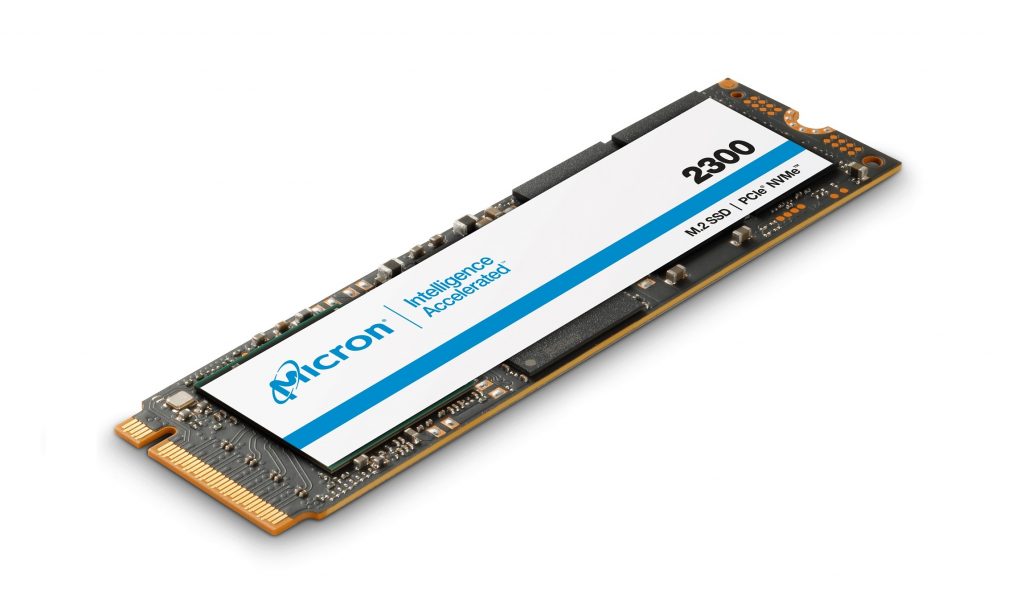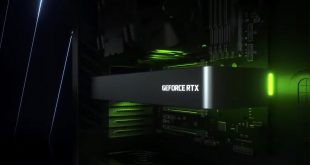Micron has announced the launch of a new client solid-state drive series that claims to bring NVMe performance to client applications and improve battery life in laptops, as well as increasing productivity performance in workstation systems.
The new Micron 2300 SSD series is equipped with the power and density needed for compute-intensive applications, all wrapped into a small form factor M.2 package with reduced power consumption that is ideal for mobile systems such as notebooks. Micron claims that its new 2100 series brings NVMe class performance and quad-level-cell (QLC) cost together for the first time.
Compared with HDDs, the 2100 SSD series can offer up to 15 times reduced power consumption at the same time as providing fast NVMe throughput. Both the 2300 and 2100 are built on Micron’s 96-layer 3D NAND technology and deliver enhanced security features to protect client data with support for TCG Opal 2.0 and TCG Pyrite 2.0.
Micron 2300 SSDs with NVMe are available in a wide range of capacities from 256 GB up to 2 TB in the 2280 M.2 form factor and are able to achieve up to 3300 MB/s sequential reads and up to 2700 MB/s sequential writes, perfect for data-intensive workloads such as CAD or video editing. 2210 series drive capacities range from 512 GB to 2Tb in 2280 form factor with up to 2200 MB/s sequential read speeds and up to 1800 MB/s sequential writes.
Both new Micron client SSDs are available to purchase now, for more information head over to the Micron client SSD page.
Discuss on our Facebook page HERE.
KitGuru says: We were unable to find UK retailers with the Micron 2230 or 2210 client SSDs in stock, however, we expect them to be available very soon. What do you guys think of these new M.2 SSDs from Micron?
 KitGuru KitGuru.net – Tech News | Hardware News | Hardware Reviews | IOS | Mobile | Gaming | Graphics Cards
KitGuru KitGuru.net – Tech News | Hardware News | Hardware Reviews | IOS | Mobile | Gaming | Graphics Cards



